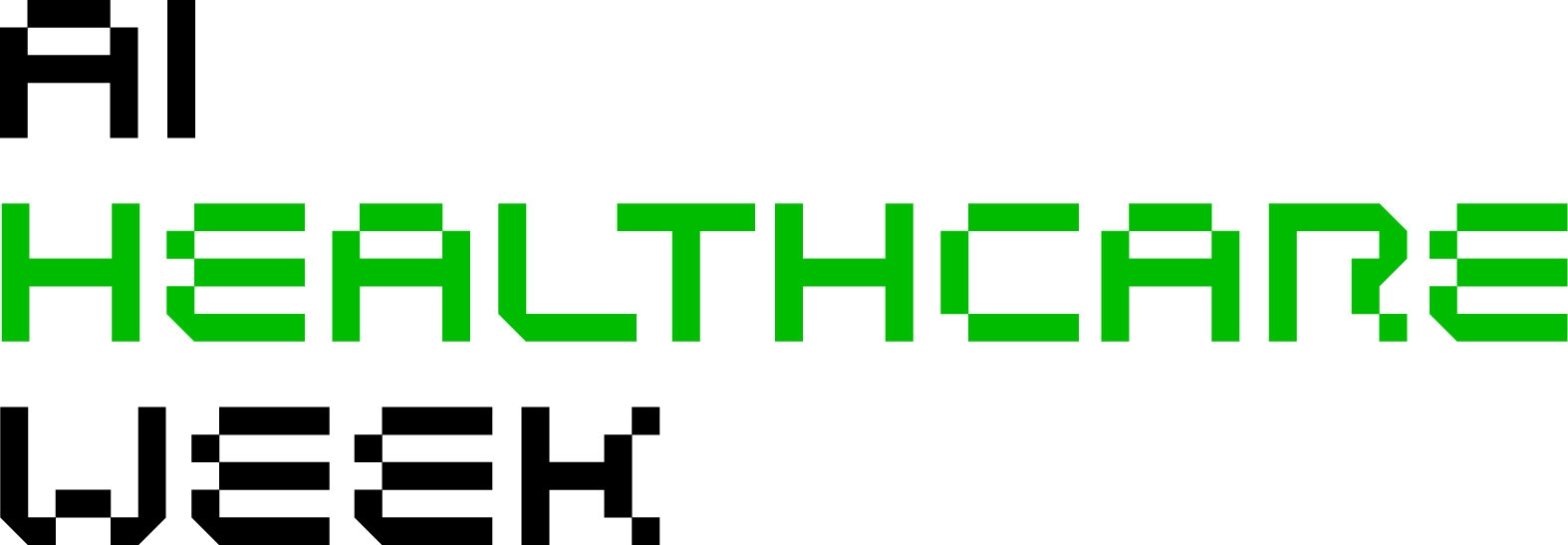As artificial intelligence (AI) transforms healthcare, ethical considerations must remain at the forefront to ensure that innovation aligns with societal values. Issues like data privacy, bias in AI models and regulatory frameworks require careful navigation to build trust and ensure equitable healthcare solutions.
Data Privacy in AI-Powered Healthcare
AI systems thrive on data, but safeguarding patient privacy is paramount. With sensitive health information being processed and stored, stringent data protection measures are essential. Compliance with frameworks like the General Data Protection Regulation (GDPR) and guidelines from the World Health Organization (WHO) emphasizes the need for anonymizing data and limiting access to authorized personnel. The UAE’s Federal Law on Personal Data Protection further strengthens regional efforts to ensure privacy in AI applications.
 Addressing Bias in AI Models
Addressing Bias in AI Models
Bias in AI algorithms can perpetuate disparities in healthcare, particularly for underrepresented groups. Ensuring diverse datasets and applying rigorous validation methods are critical to minimizing bias. For example, research has shown that AI models trained predominantly on data from specific demographics may result in misdiagnoses for other populations. Industry leaders like IBM and OpenAI advocate for bias detection tools and inclusive model training.
Regulatory Frameworks for AI Ethics
Regulations play a vital role in defining ethical boundaries. The WHO has issued ethical guidelines for AI in health, emphasizing transparency, accountability and inclusivity. In the UAE, initiatives like the “UAE Strategy for Artificial Intelligence 2031” provide a robust framework for responsible AI integration. These regulations ensure that stakeholders, including developers and healthcare providers, adhere to ethical standards.
 Actionable Insights for Stakeholders
Actionable Insights for Stakeholders
- For Developers: Incorporate fairness and explain ability into AI models to ensure inclusivity and user trust.
- For Policymakers: Implement clear, enforceable regulations that protect patient rights and promote accountability.
- For Healthcare Providers: Educate practitioners about the ethical implications of AI tools to facilitate responsible usage.
Balancing innovation with responsibility in AI-driven healthcare requires a multi-stakeholder approach. By prioritizing privacy, addressing bias and adhering to ethical guidelines, we can foster trust in AI systems and ensure equitable access to advanced healthcare solutions. This ethical framework not only safeguards patients but also strengthens the foundation for sustainable innovation in global healthcare

